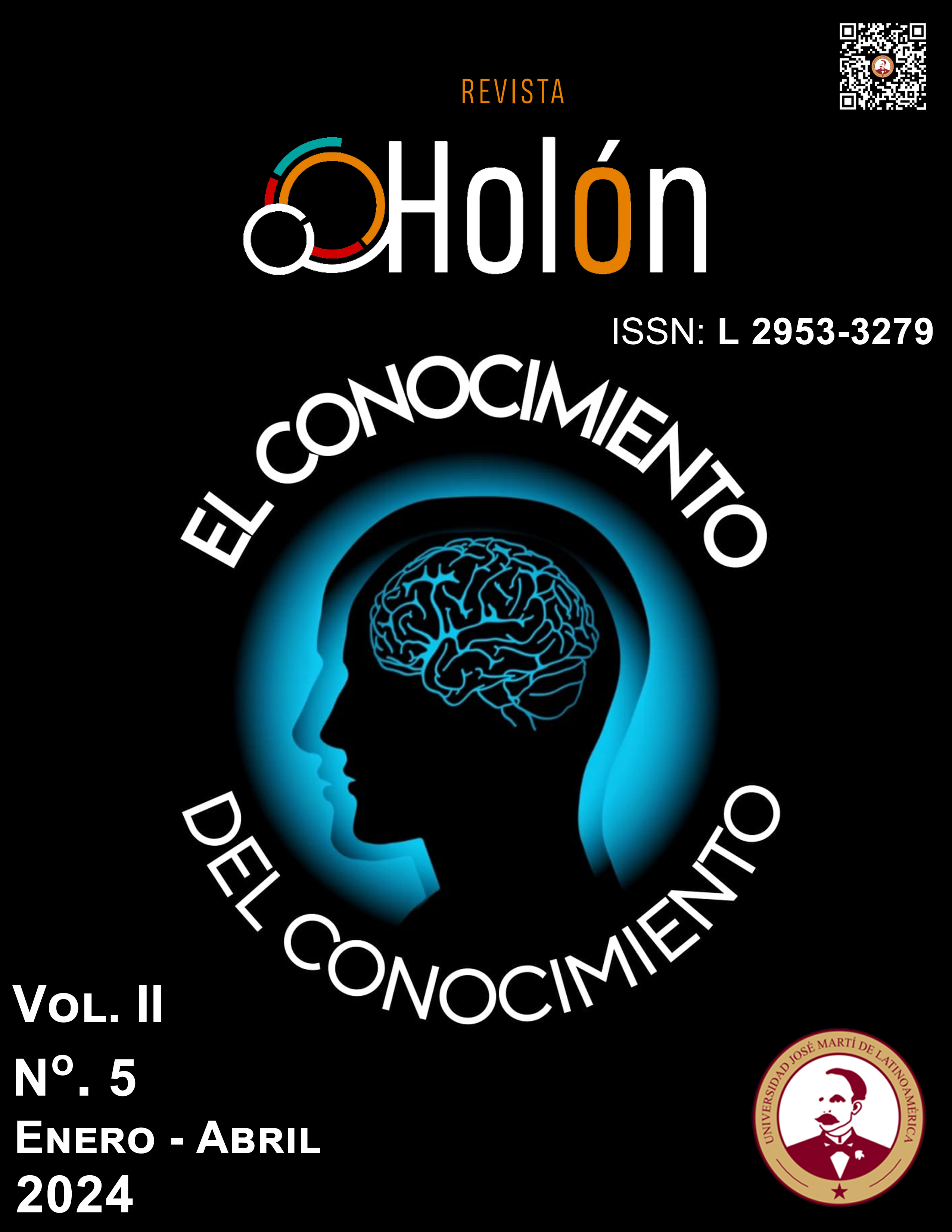

Copyright (c) 2024 Revista Holón

This work is licensed under a Creative Commons Attribution-NonCommercial-ShareAlike 4.0 International License.
An article of historical revision is presented that studies the pattern theoretical-methodological employee in the Cuban schools designed for children and adolescents with Special Educational Necessities, whether due to disability, intellectual deficiency, hyperactivity or behavioral disorders, as well as its ends, achievements and limitations. It is explained how the development of inclusive schools that you/they welcome and give answer to the diversity of students it is one of the main challenges that face the contemporary educational systems, situation that also includes Cuba, where the education is a right of all. The synthetic logical and analytic historical method is used, from the qualitative perspective. The main contribution is the systematizing of the process of organization and development of the special education, showing how its psychopedagogical, curricular and methodological strategies have been adapted throughout its six decades of existence, materializing a hybrid model of integration and educational inclusion of to develop the curricular and socio professional capacities of its participants.